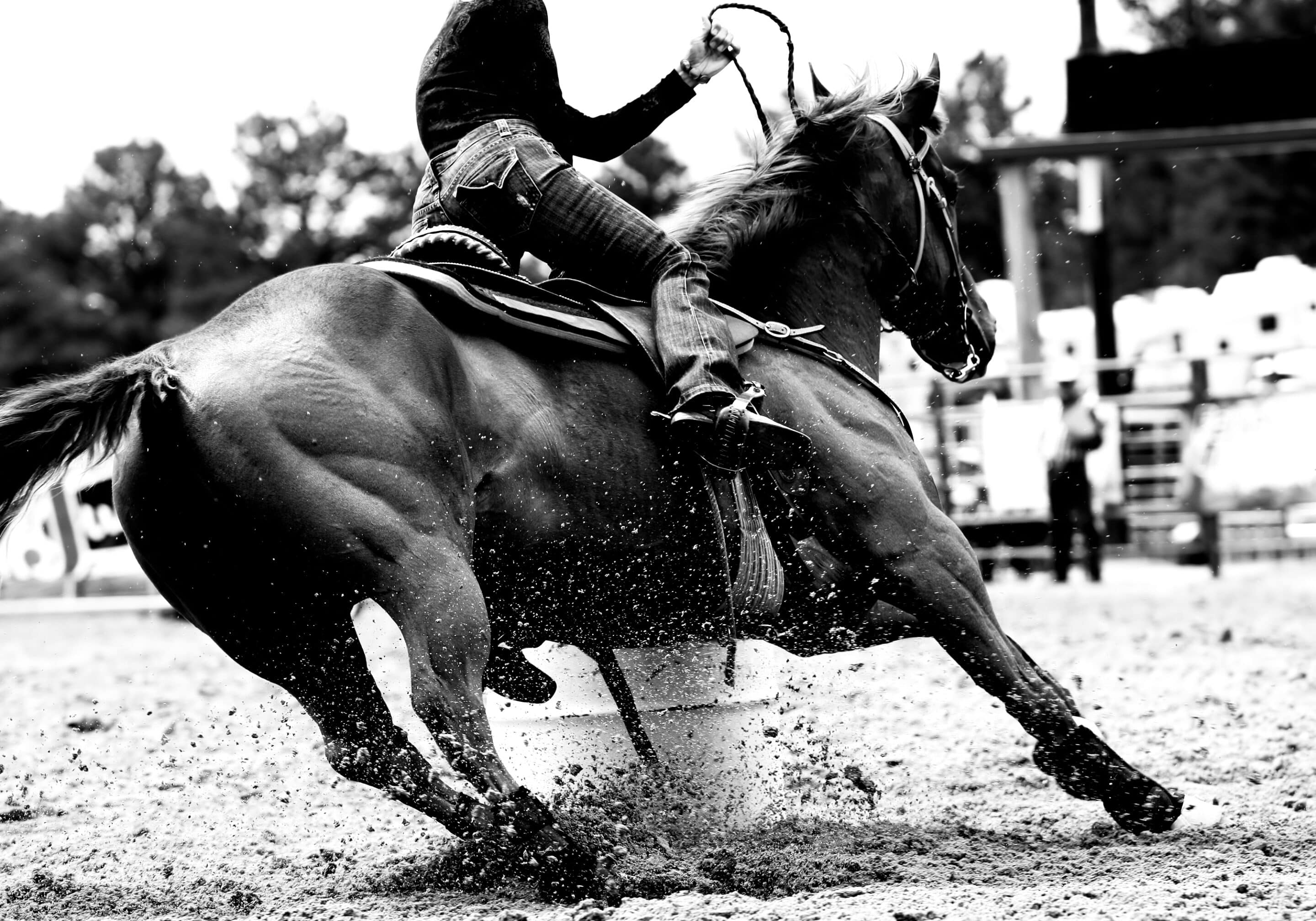
Buying or Selling a Horse – Not as Simple as a Handshake
By: Crystal McDonough
When I bought our first horse it was for my daughter for 4H. At that time, I knew very little about horses, much less buying or selling a horse. Fortunately for me, we had a good veterinarian, and my husband grew up with horses so he had a fair amount of knowledge. That first horse turned out to be a good experience for all of us (my daughter included), but that is not always the case. What do you need to know if you are buying or selling a horse?
First thing to know – do not use a “form” contract off the internet! Each state has specific laws that may apply such as brand inspections, state or local agency requirements, or some other legalities. Sometimes a bad contract is worse than no contract. But a good contract can cover the state requirements and potential issues that could arise, giving both the buyer and seller some certainty and understanding of the process. As I like to say, if good fences make good neighbors, then good contracts make good business deals.
Typically, horse sellers, breeders, or brokers do not offer guarantees or returns. So it is important to know what you are getting into before you sign a contract or purchase a horse. If you are buying a horse, get a copy of the veterinary records and a full health history and Coggins report, and have your veterinarian do a comprehensive examination. For registered horses, you may want to enter into a Letter of Intent to Purchase that allows for a due diligence period in order to examine medical records, insurance documents, and registration papers. If you are considering a trial period or a lease/purchase option, then you will want to have a more comprehensive pre-purchase agreement. A pre-purchase exam is at the buyer’s expense and should be done either by your veterinarian or an independent veterinarian. A pre-purchase medical exam can cost between $500 and $5,000 and is paid by the buyer regardless of whether the buyer purchases the horse or not.
For more expensive horses, it is not uncommon to have agents or trainers act as brokers for the sale. This can be a great option; however, it is important that you understand the agent or trainer’s experience in such sales and their fees up front before you sign any agent or broker agreement. In addition, you need to know who is paying those fees which are essentially commission fees. For example, a trainer may charge 10-25% of the purchase price, and the buyer is often on hook for those fees.
If you are purchasing a horse from out of state, then you will need to know both the seller’s state laws and your state laws regarding transporting livestock between states. You may have to board a horse temporarily before transportation can be arranged or scheduled. If boarding is required, then a boarding agreement must be in place to cover details such as cost and care for your horse. Make sure to have insurance cover your horse the day you take ownership even though you may not have physical possession of the horse yet.
Occasionally, I will have a client ask the difference between a horse’s legal title and the horse’s breed registration. This is an important distinction, especially if you are taking out a loan to purchase the horse. Legal title is established through a bill-of-sale and other written transactional documents that trace the ownership from one owner to another, and often include warranties related to the horse. The breed registration does not establish legal title, but it is an important part of ownership. It can educate the legal title, and in some cases, breed registration can be used as collateral for the purchase of a horse.
Both sellers and buyers should understand that horses are usually sold “as is” without any warranties, expressed or implied. There is no guarantee that a horse is going to perform for you as it does for the previous owner. If you are the seller, it is important to disclose all known health and behavioral issues. If you don’t disclose, and it is discovered later by the buyer that you knew there were problems or potential issues, then you could be liable to the buyer for veterinary bills, training, and possibly other legal remedies. It is always best practice to be transparent during the purchase/sale of a horse. It will make the transaction smoother and reduce potential risks.
Horse ownership can be so enjoyable, but there are risks. The best way to mitigate these risks is to have all the appropriate documents such as a bill-of-sale, breed association transfer form, brand inspection if required, insurance, and all necessary health documentation. Having these assurances in place can make both the sale/purchase process smoother and horse ownership a rewarding experience. Ready to buy or sell a horse? Contact McDonough Law Group today.
